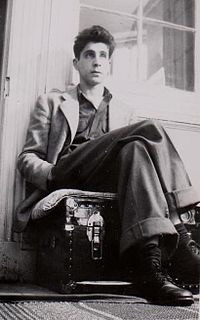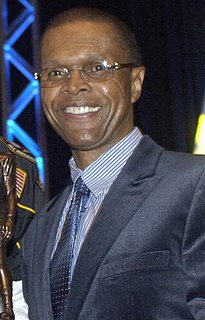A Quote by Socrates
It seems that God took away the minds of poets that they might better express His.
Related Quotes
They took away what should have been my eyes (but I remembered Milton's Paradise). They took away what should have been my ears, (Beethoven came and wiped away my tears) They took away what should have been my tongue, (but I had talked with god when I was young) He would not let them take away my soul, possessing that I still possess the whole.
For not by art does the poet sing, but by power divine. Had he learned by rules of art, he would have known how to speak not of one theme only, but of all; and therefore God takes away the minds of poets, and uses them as his ministers, as he also uses diviners and holy prophets, in order that we who hear them may know them to be speaking not of themselves who utter these priceless words in a state of unconsciousness, but that God himself is the speaker, and that through them he is conversing with us.
James often wondered at the chain of flukes it must have taken to bring him through with his own life and limbs intact. Once he might have believed it to be the work of Providence but it seemed to him now that to thank God for his life would be to suggest God had shrugged off all the others flicked them away like cigarette butts by the thousands and that seemed like abominable conceit. James Dorsey took no credit for being alive. His higher power these days was Chance.
When a child shuts down his painful emotional side, he also loses the ability to express his joyous side. Emotions are a whole. With anger comes the ability to express delight; with sadness comes the ability to express lightheartedness. This is the breadth of emotion that allows an adult to experience intimacy with a spouse, with God, and with his children
Christianity set itself the goal of fulfilling man’s unattainable desires, but for that very reason ignored his attainable desires. By promising man eternal life, it deprived him of temporal life, by teaching him to trust in God’s help it took away his trust in his own powers; by giving him faith in a better life in heaven, it destroyed his faith in a better life on earth and his striving to attain such a life. Christianity gave man what his imagination desires, but for that very reason failed to give him what he really and truly desires.
At this day . . . the earth sustains on her bosom many monster minds, minds which are not afraid to employ the seed of Deity deposited in human nature as a means of suppressing the name of God. Can anything be more detestable than this madness in man, who, finding God a hundred times both in his body and his soul, makes his excellence in this respect a pretext for denying that there is a God? He will not say that chance has made him different from the brutes; . . . but, substituting Nature as the architect of the universe, he suppresses the name of God.








































